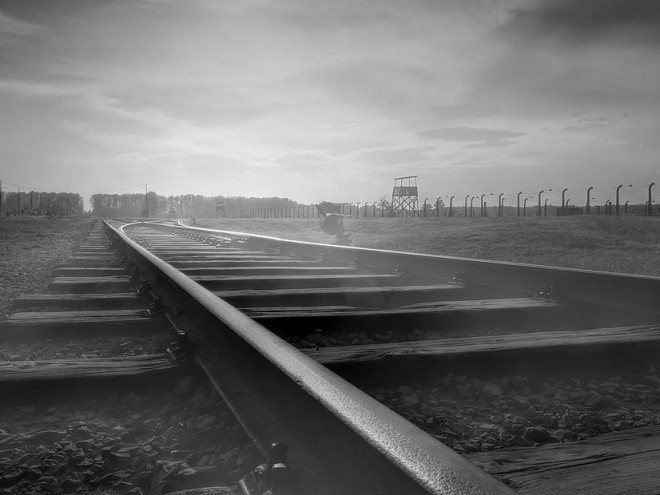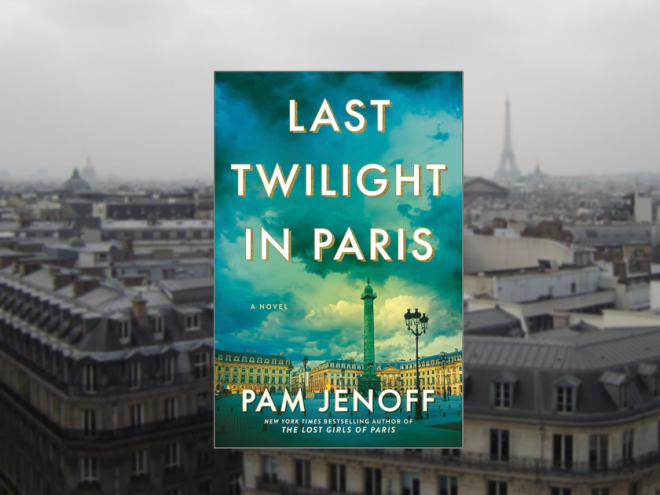Helena, an old woman in a New York residence for the elderly, greets two visitors — a Jewish social worker and a policeman — who have come to talk with her. She is a Polish Jew, and they want to talk about “some bones” recently unearthed in her hometown. For them, Helena begins her “once upon a time” tale. The time was 1940, and the place was a farm in Poland, in the rolling wooded hills southeast of Cracow.
Helena recalls her home village as she reconstructs her family’s winter interlude with a lone soldier. Helena’s memory easily retrieves a house, a family of five, now parentless, for the father is dead and the mother hospitalized. Three young children are cared for by eighteen-year-old identical twins, Ruth and Helena. The family considers itself Christian; while the Church is a minor element in their lives, a nearby chapel in the woods is an important setting for the story. Religion of any sort is not a major ingredient in the early part of this novel; their mother is in a Jewish hospital, however, in the town.
Helena’s family rapidly sinks further into poverty, mired by the privations around them. Ruth is the big sister and nanny authority; Helena, the more worldly twin. Although they live on an isolated farm with pitifully limited crops and animals, they are in a war zone that has been spared direct armed combat. Helena maintains connections within the village, for she shops, sees, and talks with local officials, but is unaware of the purpose of railroad trains rumbling past. On the farm, explosions are heard intermittently, Nazi jeeps can be heard on the one local road, and a predatory policeman rings the bell, alternately threatening and attempting to bribe them.
But then there is the guest, Sam, a downed American airman with an injured leg, discovered by Helena in the chapel. As the inevitable love story develops, the intrepid Helena discovers her mother’s hidden background. The airman’s American army mission, which he will not abandon, energizes her into an investigation of the Polish Home Army, the partisan forces’ underground name. Sam meets her family, and he plans escape.
Jenoff’s style cultivates an interesting rhythm and segmentation in her narrative. Two-thirds of the novel seems to be written in slow motion, then the escape, the navigating of the borders, and the complexities of reaching intermediate and ultimate refuge form the rapidly-paced concluding chapters. Suddenly, the story veers.
In keeping with an isolated existence, there are only a few characters in the story — two sisters, the soldier, siblings, and indistinct locals — Nazis, Poles, functionaries — each of whom evokes anxiety and stress, to which Ruth and Helena respond alternately with timidity, near-somnolence, and a plodding desire for change. The physical primitiveness of their farmhouse is often emphasized; surprisingly, it has electricity.
Written without challenging language— with the exception of the occasional Polish words — the book has appeal for both young readers and adults.
Related content:
- A Moment of Kindness by Charles Belfoure
- In the Garden of Memory: A Family Memoir by Joanna Olczak-Ronikier
- On Writing a Biography of Helena Rubinstein by Michèle Fitoussi
Read Pam Jenoff’s Posts for the Visiting Scribe
Faith and Fiction: This Jewish Woman’s Journey to Becoming a Novelist




